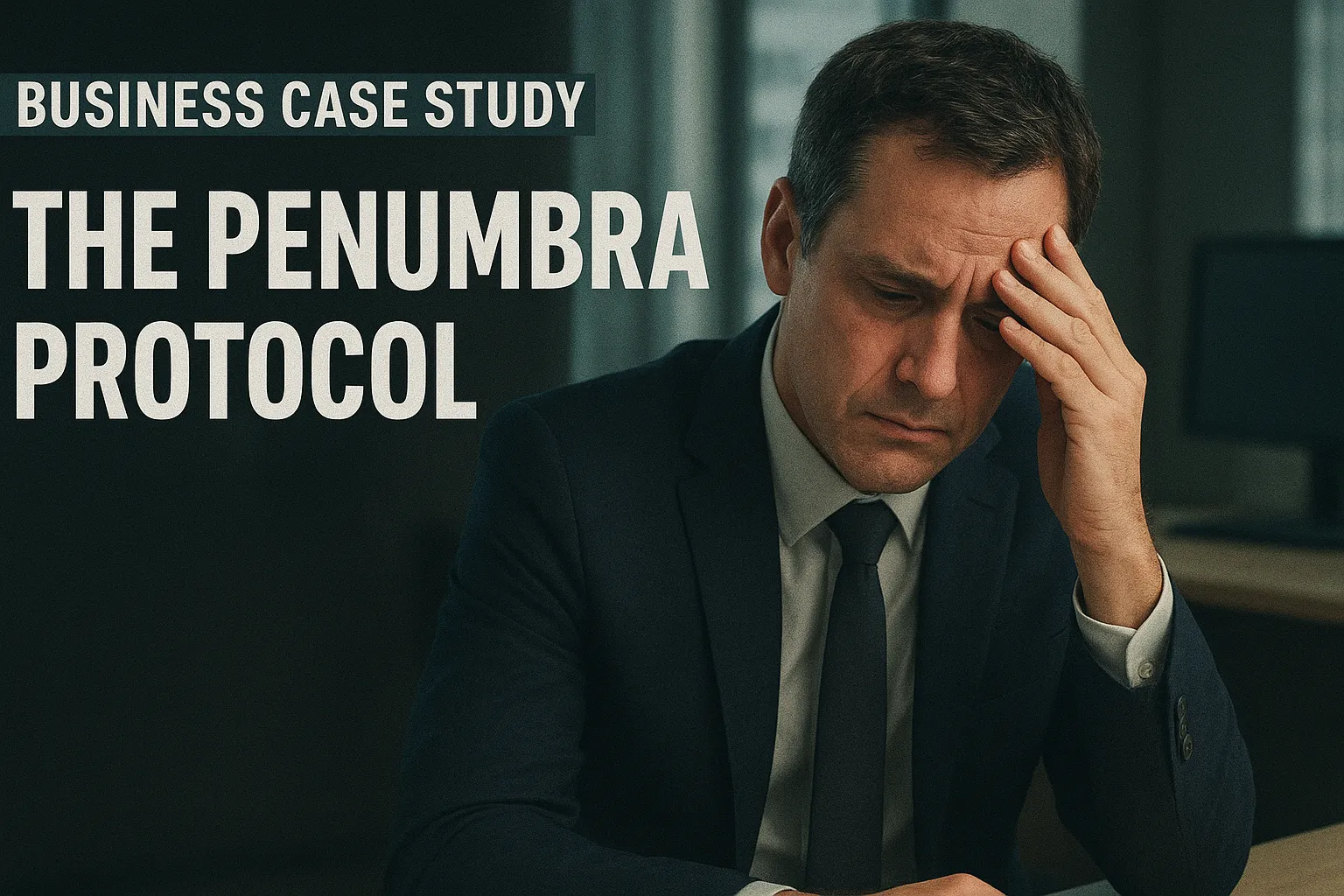 Case Studies Club
Where Strategic Minds Meet
Case Help
Case Studies Club
Where Strategic Minds Meet
Case Help
The Tyranny of the Calendar - How to Schedule Your Way to Glory or Ruin
Strategic Day Selection for Launch Success in Digital Event Programming When Small Decisions Create Outsized Impact
An online edu-tainment company must select the optimal weekday to launch "The NEW Idea Show," a gamified AI-powered pitch competition, while balancing promotional leverage from their existing Tuesday event, audience psychology around memory retention and calendar fatigue, and organizational pressure to achieve strong initial attendance that proves viability before stakeholders lose patience. The decision appears deceptively simple but reveals complex tradeoffs between risk mitigation and upside maximization, same-week promotional urgency versus next-week memory challenges, and the tension between format differentiation and scheduling proximity—all while navigating the reality that weak launch results could trigger program abandonment rather than patient iteration.
Core Themes:
Turn Business Challenges Into Strategic Wins
Browse our Insights Marketplace for frameworks and tools that drive results
Explore MarketplaceOverview
Look, not every business case involves billion-dollar acquisitions or pivoting away from imminent bankruptcy. Sometimes you're just trying to figure out what day of the week to host your new show. Sometimes business is just... deciding stuff. And yet here we are, treating a scheduling decision like it's the Normandy invasion, because—let's be honest—even the small decisions have this annoying habit of mattering more than they should.
An online edu-tainment company needs to pick a weekday for "The NEW Idea Show," their shiny new AI-powered pitch competition. They've got a fixed time slot (4:30-5:30 PM, because apparently changing times AND days would break everyone's brain), weekends are out, and Tuesday's already taken by their main event. So: Monday, Wednesday, Thursday, or Friday. That's it. That's the whole decision. And yet this simple choice could be the difference between launching a show that becomes a beloved staple and launching one that dies quietly after three episodes because nobody showed up and everyone decided it was a sign from the universe to quit. Welcome to the glamorous world of business decisions where you can do everything right except pick the wrong day and still end up wondering what happened.
Backstory
This company built a solid reputation doing the serious business education thing. Their Tuesday 4:30-5:30 PM event became the reliable weekly gathering where working professionals could get smart insights without their brains melting or their calendars exploding. Good content, consistent timing, loyal audience—basically they found their groove and stayed in it long enough that people actually remembered when to show up.
But here's the thing about grooves: they're comfortable until they start feeling like ruts. The leadership team looked around and noticed the world was changing. Younger professionals wanted content that didn't feel like homework. Competitors were getting creative. The whole "serious business...
🔓 Unlock This Case Study
Access full cases, analysis, recommendations, and community insights


